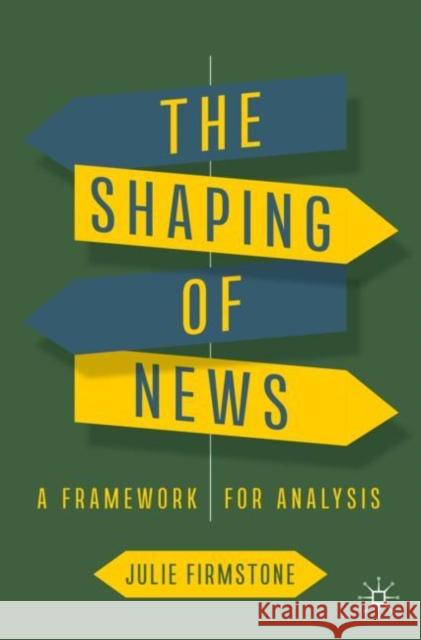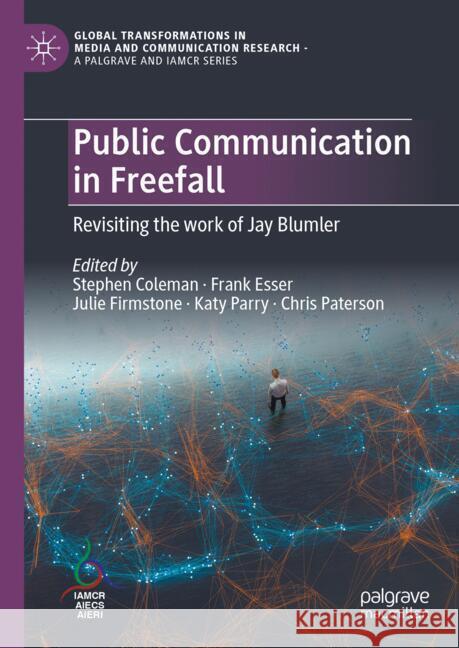topmenu
Wyniki wyszukiwania:
wyszukanych pozycji: 2
 |
The Shaping of News
ISBN: 9783031219658 / Angielski / Miękka / 2023 / 232 str. Termin realizacji zamówienia: ok. 16-18 dni roboczych. |
cena:
132,80 |
 |
Public Communication in Freefall: Revisiting the work of Jay Blumler
ISBN: 9783031833632 / Angielski / Twarda / 2025 / 278 str. Termin realizacji zamówienia: ok. 16-18 dni roboczych. This book addresses key challenges facing global political communication at a time in which transformations in political practice, media ecology and cultural expectations both threaten traditional democratic norms and point to potential new ways of enacting political democracy. Drawing upon the outstanding theoretical insights of Jay Blumler to our understanding of the norms and practices of political communication, but also critically interrogating and updating them where appropriate, the volume asks timely questions about what publicness and democracy mean in the 2020s. Many people are...
This book addresses key challenges facing global political communication at a time in which transformations in political practice, media ecology and c...
|
cena:
644,07 |










